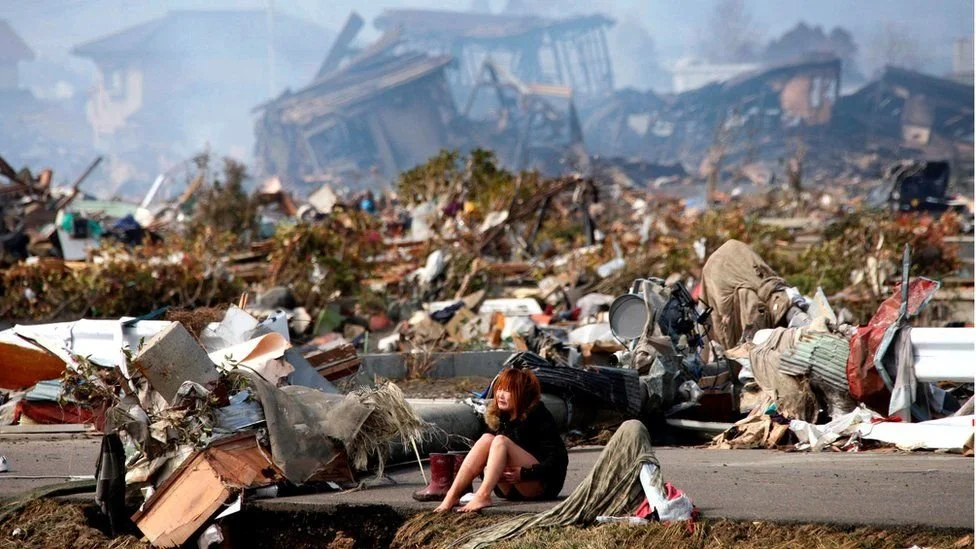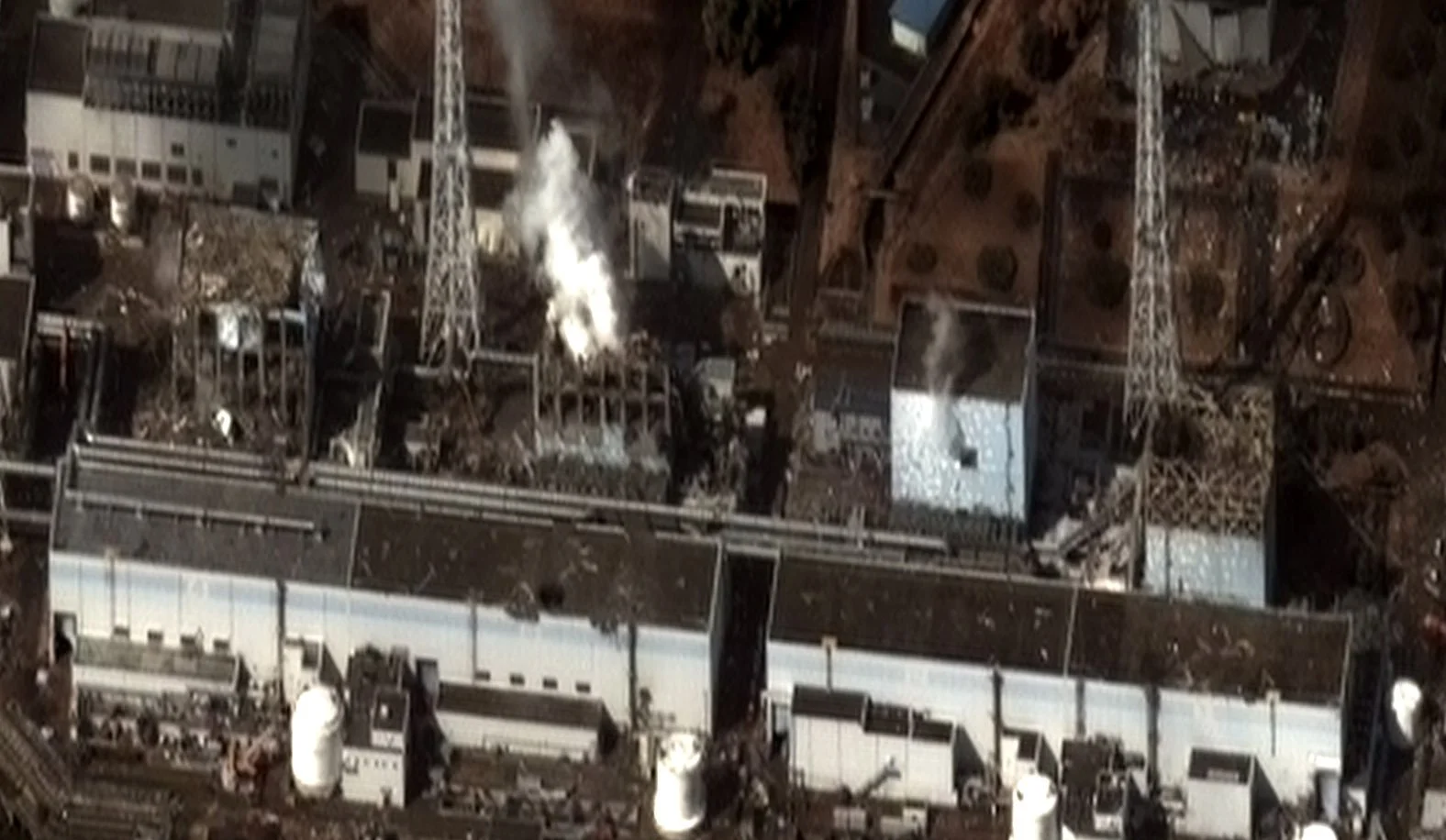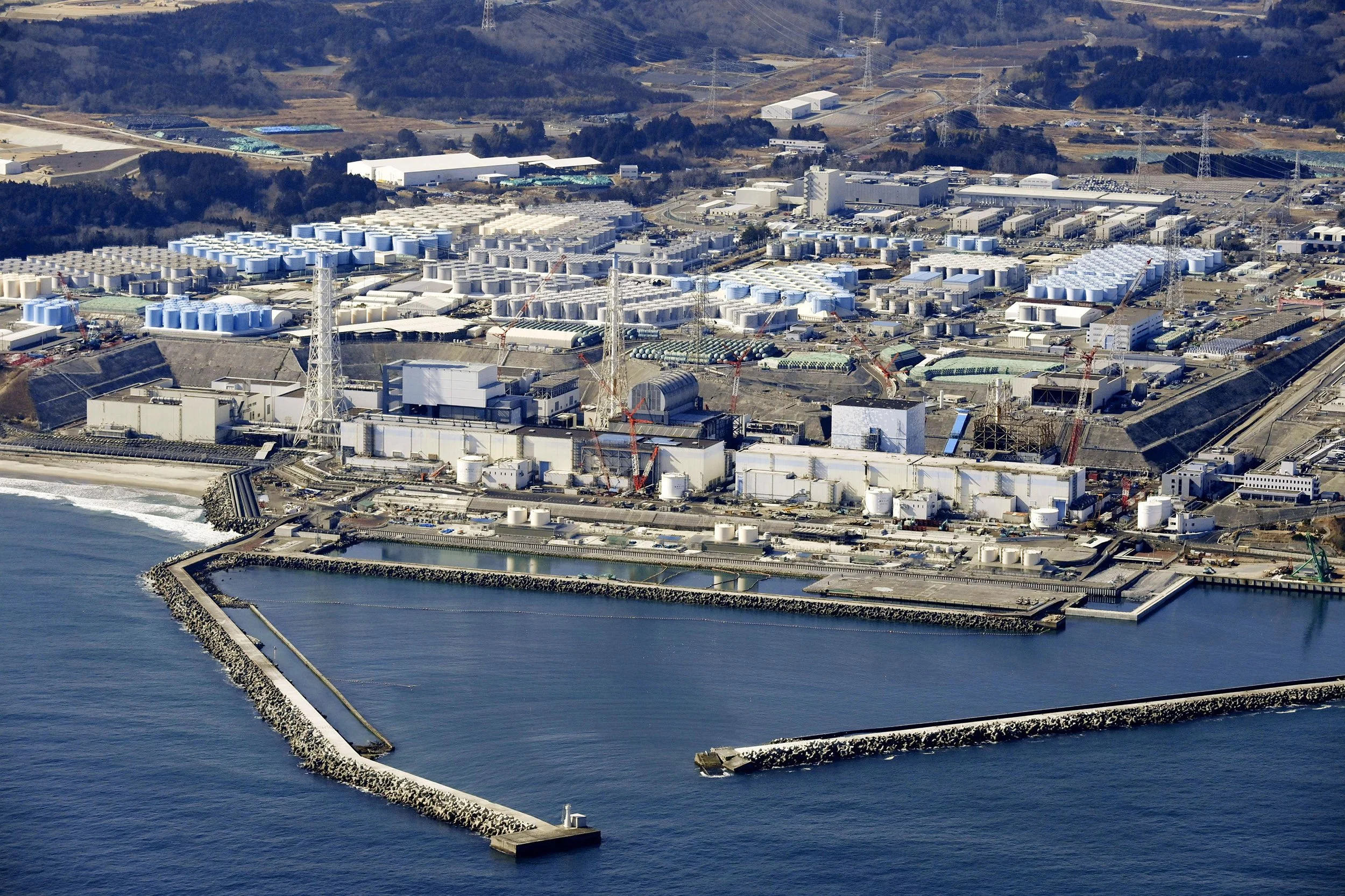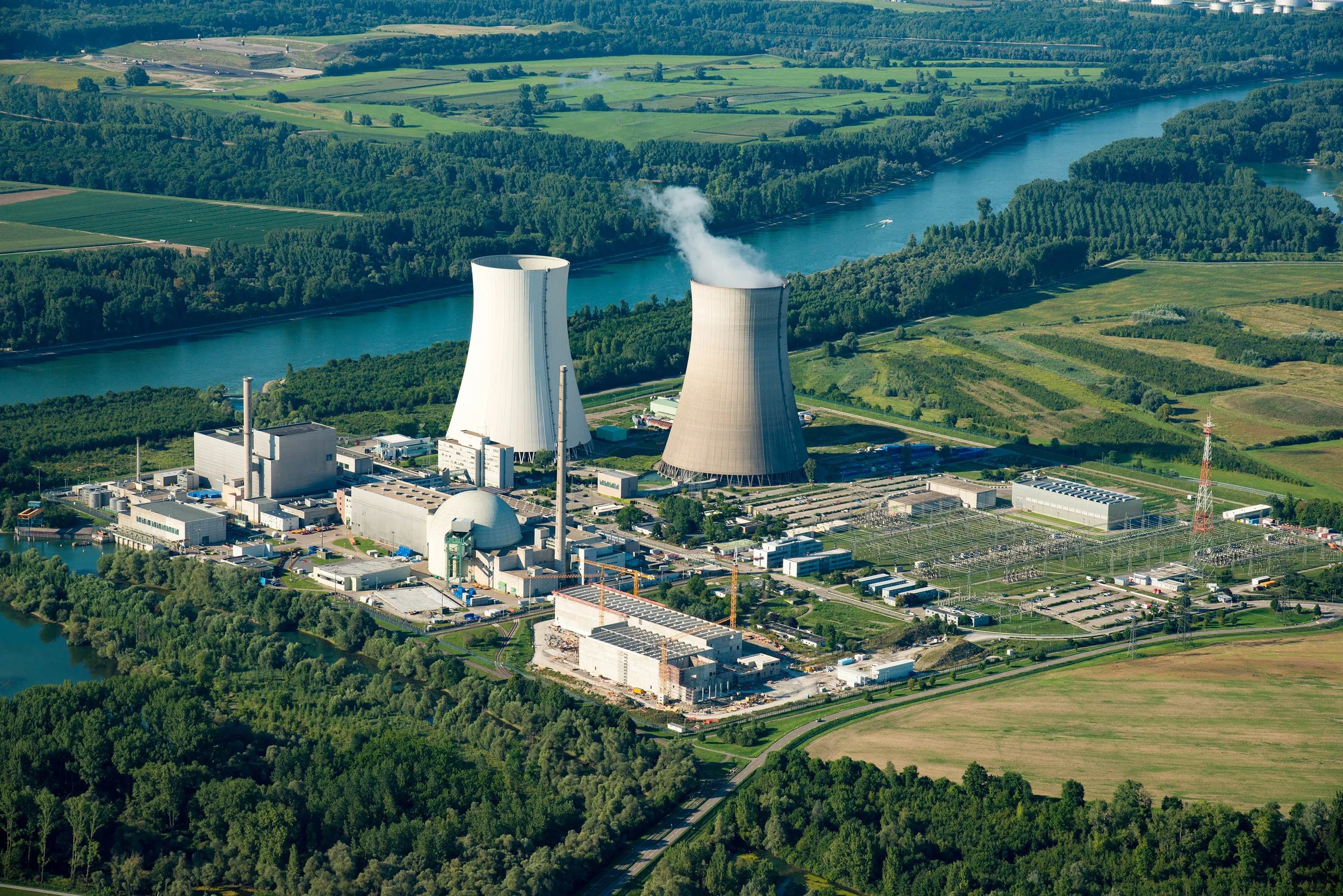losing sight in our mindless pursuit of “more”
losing sight in our mindless pursuit of more - fukushima disaster and what it means for us.
If you lose sight of what’s important, it may not be there when you need it.
- Panchal Yash
After hearing about Japan’s recent announcement to release nearly 1.3 million tonnes of “treated” nuclear wastewater into the sea, I desperately wanted to discover the cause, background, and buildup towards this decision.
I would like to know what drove us humans to harm our oceans, our environment, and our homes in such an unchangeable way. Though the cause behind this may have been partly natural and unpreventable, did Japan have no choice, no part in this decision? Is Japan the only country at fault? When will people realize and understand the damage we are causing our home with every decision, every agreement, and every action we do for ourselves?
There are so many questions I would like to scream into the world so that maybe one day the people with power and responsibility can finally hear us. The actions of ordinary people like us matter, but how can we empower the world to change if our leaders don’t? One day they will hear these screams. One day our voice will not simply pass through their ears but they will into their minds. Our voices will not settle until they cannot ignore it any longer until they start changing. This post is only one of my many shouts for awareness.
What Happened?
Main Cause of the Fukushima Nuclear Disaster
The Fukushima disaster 2011 began the many events that led to Japan’s decisions. This disaster was a combination of multiple disasters. The Great East Japan Earthquake (also known as the Tohoku Earthquake) occurred on March 11, 2011. This level 9 earthquake was the most powerful earthquake ever in Japan, causing the earth to change its axis by a few degrees.
Tens of thousands of people were harmed and missing due, and the powerful tsunami it triggered only added to the destruction. The tsunami waves reached 40 meters, traveling up to 10 kilometers inland. This tsunami spread to Fukushima, where the 14-meter-high waves completely damaged the Fukushima Daiichi Nuclear Power Plant.
Nuclear reactors “produce and control the release of energy from splitting the atoms of certain elements.” The energy nuclear reactors make allow nuclear power to be turned into electricity, the main goal of Nuclear Power Plant. The Fukushima Nuclear Power Plant reactors immediately shut down after detecting the earthquake. However, the plant was flooded because of the high tsunami waves, “leading to three nuclear meltdowns, three hydrogen explosions, and the release of radioactive contamination.”
The radiation that spread into the atmosphere throughout the days following forced over 100 thousand residents to evacuate.
Picture of the Fukushima Nuclear Disaster. Image from Wikipedia
The Immediate Effects After the Disaster - Contamination of Water
For all nuclear plants, water is always used to cool the radioactive cores that generate heat. However, the water will become contaminated with radioactive atoms while cooling these cores. Typically, this contaminated water is filtered, removing as many of these radioactive components as possible. This water can usually be safely, and at small amounts, discharged into larger bodies of water such as oceans and lakes when certified safe.
However, due to the large amount of water needed immediately after the Fukushima disaster to cool down the damaged nuclear reactors. There was little more storage space available for radioactive water. Thus, on April 5, 2011, the Tokyo Electric Power Company dumped 11,500 tons of untreated nuclear wastewater into the Pacific Ocean. This water was 100 times the legal regulations.
Since 2011, there have been several leakages and disposals, but most of the heavily contaminated water has been stored in over a thousand tanks across the nuclear plant area.
What Do We Do Now? What is Happening Now?
As mentioned, the Tokyo Electric Power Company uses water to cool and manage the damaged reactors. However, as of today, over 1.3 million tons of filtered and contaminated water are stored in over 1,000 separate tanks.
Fukushima’s Many Tanks That Store Nuclear Wastewater. Image from NBC News
There is simply no more space left for all this contaminated water.
Thus, On 13 April 2021, Prime Minister Suga approved Tokyo Electric Company dumping the stored water into the Pacific Ocean over 30 years. As of 2023, Japan announced they would start and prepare to release this contaminated water, supposedly filtered and recognized as “safe.” They plan to release all of this “treated” nuclear wastewater into the pacific ocean through an underground tunnel.
However, according to the Guardian, though the nuclear wast-water uses on-site technology to remove most radioactive materials, the water still contains tritium, a naturally occurring radioactive form of hydrogen that is technically difficult to separate from water. If the nuclear wastewater was treated and did no harm, why must Japan release it into the pacific sea and not near its shore? Though mostly treated, there is no doubt that nuclear wastewater will always contain radioactive components. This could be why so many neighboring countries (such as China and Korea) and local fishermen are protesting for a change of plans.
Image from DTE
If our society were to keep on expanding, if it were to continue to find new ways of generating energy as we did for nuclear power, what would happen? Our growing desire for more will only end up with more accidents and disasters we could not have predicted, exactly like the Fukushima Nuclear Disaster.This release of wastewater has many effects. Though subtle, even treated nuclear wastewater can damage the many marine animals in our ocean. Imagine you were the animal, and people were dumping millions of tonnes of “treated” nuclear air into our world. Would you feel safe? Is it safe?
I think all of us would know the answer.
Why Did It Happen? Who’s to Blame?
Many blame the Japanese government and the Tokyo Electrical Company for not building high tsunami prevention walls around the power plant or ensuring the technology was safe. They blame the company for their lack of awareness of the dangers of such nuclear plants. They blame the government for not building and providing enough space on land to contain nuclear wastewater. People blame them; for their laziness, for their unawareness, for their lack of empathy.
But could any of us have thought of these things ourselves? Amid the power and benefits nuclear power plants can give our homes, could we have considered all the thousands of problems that it might lead to in the future? We couldn’t have. Neither did they.
But, there was a way out of this. There was a way to prevent us from dumping our waste into our oceans. There was a way to prevent us from becoming lost in our pursuit of more. More convenience, more benefits, and more innovation.
Though the earthquake and tsunami mainly caused this disaster, we humans could have prevented the impact it had on the nuclear power plants. If our society, our entire civilization, changed our goals and became aware once more of who we are.
As Masaru Ibuka once said, “I believe a man should have a simple lifestyle - even if he could afford more.” I believe the root of this Fukushima disaster was not its unpredictability but our society’s constant selfish pursuit of more. Why did Japan, and the many other countries in this world, choose nuclear power plants of all ways? Yes, it has a high capacity to generate electricity but think about it briefly.
The root of this problem is not trying to generate more energy but our need for energy. Our society's growing need for more energy is quite simply because we need too much energy to sustain our living conditions. Our greed for more has taken over our lives. Everything we do in our society today, the cultivation of new resources, the hunting for new planets, new homes, are they not ways of handling our greed? The many clothes, meat products, and new stretches of land in our life, do we really need so much? Is the constant buying of new things, the constant desire for more and more not incredibly tiring?
High Amounts of Things We Produce Going to Waste. Image from Unsplash
According to the book, "The Limits to Growth, " Our earth’s resources – our planets ecosystem will not be able to support our current rates of economic and population growth much beyond the year 2100, even with more advanced technology. Our needs for more has stretched beyond the resources our earth can give us, beyond our human capacity.
If our society were to keep on expanding, if it were to continue to find new ways of generating energy as we did for nuclear power, what would happen? Our growing desire for more will only end up with more accidents and disasters we could not have predicted, exactly like the Fukushima Nuclear Disaster.
Human society tends to strive for more. And I think, in our pursuit of finding a better, quicker solution, we have become blind. We have become selfish. We have forgotten that it is our planet, our oceans, and our forests that give us our only opportunity to live.
The Fukushima disaster and the decision to release wastewater into the oceans today is a reminder to us all. It is a devastating reminder of what our actions lead to. Is our idea of a “better” society going to be better if it brings only harm to our home? Let us wake up from the dream of more.
Many countries are already waking up. Germany quit nuclear power, closing all their nuclear plants on April 15, 2023. Three days after Fukushima's nuclear disaster, Chancellor Angela Merkel announced that Germany would slowly accelerate into a nuclear phase-out. They shut down old nuclear plants immediately; as of today, they are completely nuclear-free. People in Germany have realized the risks and consequences of nuclear power. However, nuclear power is a crucial form of energy in Germany. Up until March 2011 obtained, one-quarter of its electricity from nuclear energy. However, they realize the consequences of nuclear power on our planet. Germany also announced that by the end of this century, 80% of its electricity generation would come from renewable energy sources. This feat is huge, and I believe many countries will also follow its lead.
Germany's Past Nuclear Plants. Image from CEW
The human race is an incredible wonder. Will we let our greed dominate our lives when we have so much more to offer? Will we let our homes crumble under the pieces of our selfishness? Or are we going to build a better home for all?
Nothing can withstand endless demands, especially the earth. Let us remind ourselves to slow down before we fall into the depths of our destruction. We can change our world, but if we continue to crave and desire "more," we won't be able to have a world to change any longer.





